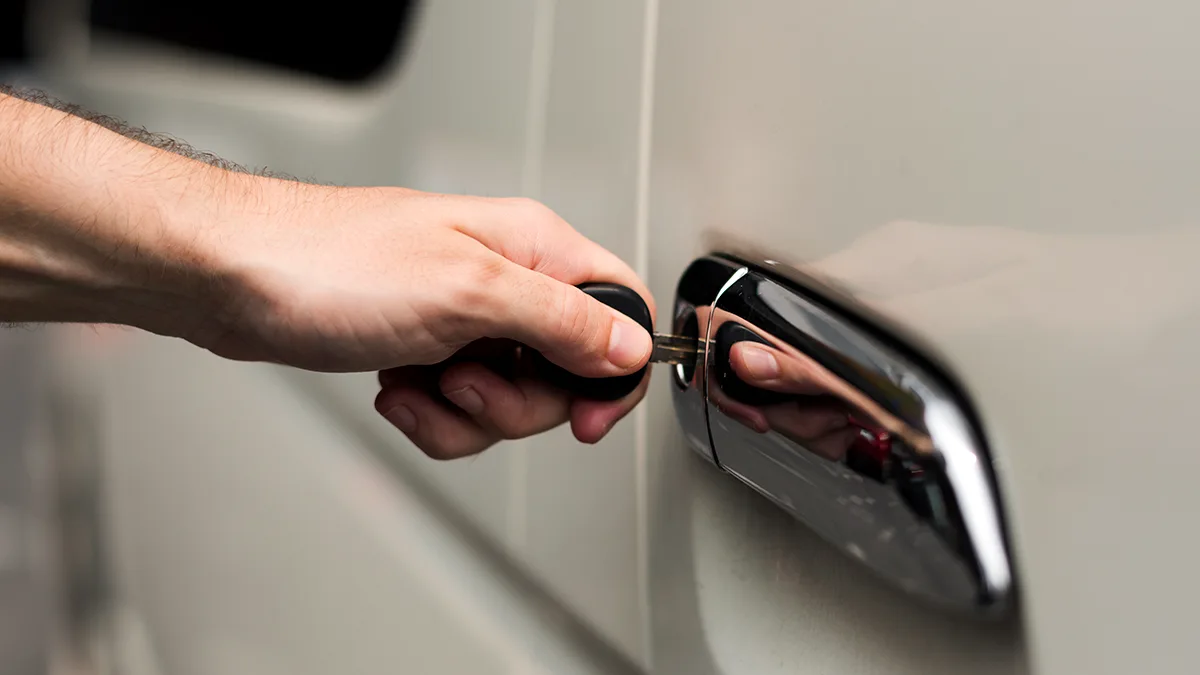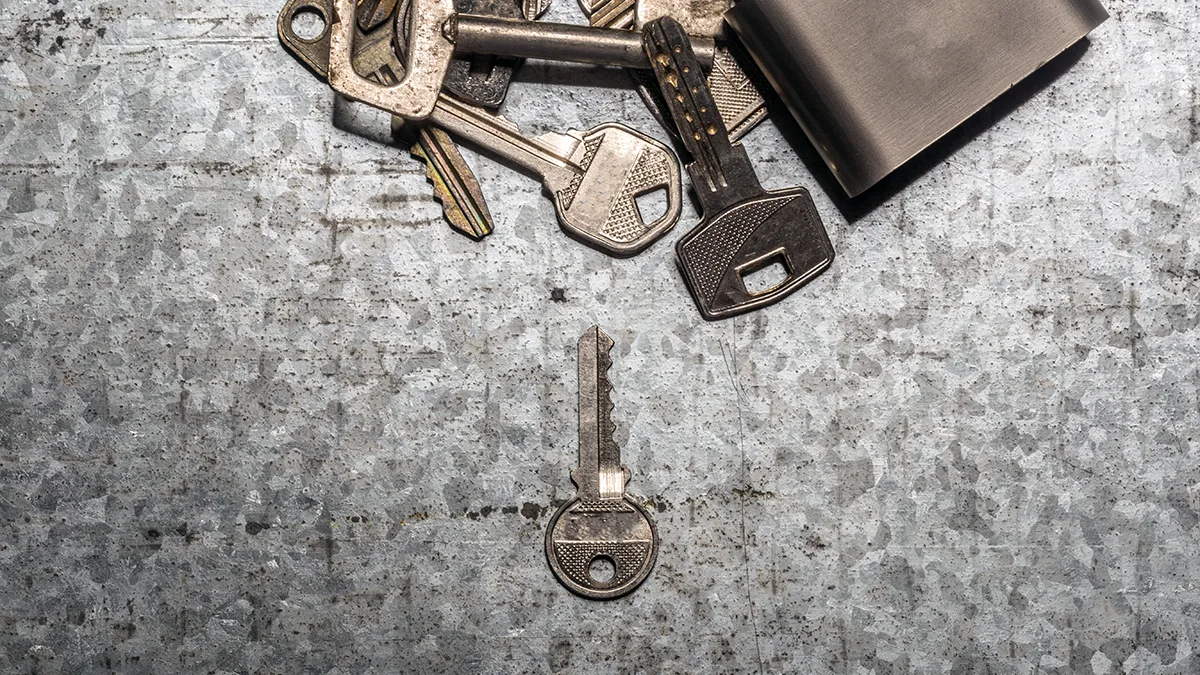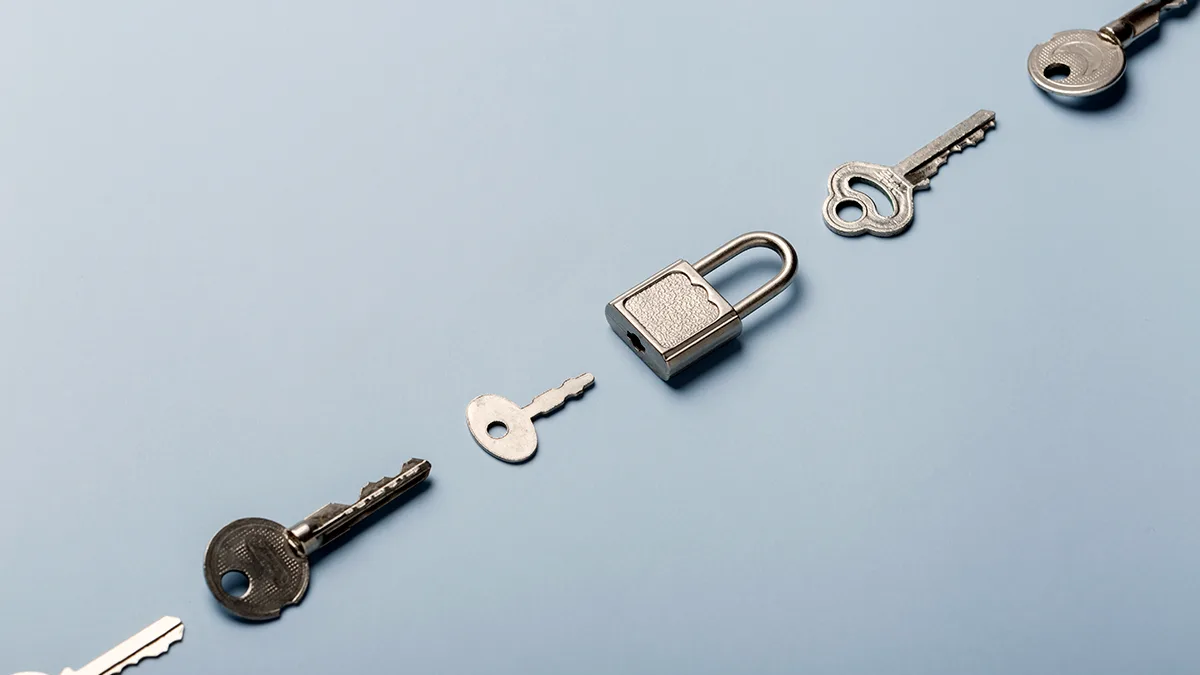The Hidden Costs of DIY Lock Repairs and How to Avoid Them. In a bustling city…
Tenant Changeover? Here’s Why You Must Change the Locks
Tenant Changeover? Here’s Why You Must Change the Locks. When managing rental properties, one of the most crucial yet often overlooked aspects of tenant changeover is the security of the premises.
As a landlord or property manager in London, ensuring the safety of your property and the wellbeing of your tenants should be a top priority.
One of the most effective ways to achieve this is by changing the locks after every tenant changeover.
In this article, we will explore the reasons why you must change the locks, the implications of neglecting this responsibility, and how to go about doing it efficiently.
Understanding the Importance of Lock Changes
1. Security Concerns
The primary reason for changing the locks is security. When a tenant vacates a property, there is no way to guarantee who has access to the keys.
Previous tenants may have made copies of the keys, given them to friends or family, or even lost them.
In London, where property turnover can be high, the risk of unauthorised access increases significantly.
By changing the locks, you ensure that only the new tenants have access to the property, thus safeguarding their belongings and ensuring their peace of mind.
2. Legal Responsibilities
As a landlord, you have a legal obligation to provide a safe and secure environment for your tenants.
Failing to change the locks after a tenant leaves could be seen as negligence, especially if any security issues arise as a result.
In the event of a break-in or theft, you could be held liable if it is determined that you did not take the necessary precautions to secure the property.
Changing the locks is a straightforward way to demonstrate your commitment to tenant safety and fulfil your legal responsibilities.
3. Peace of Mind for New Tenants
When new tenants move into a property, one of their primary concerns is security.
Knowing that the locks have been changed can provide them with peace of mind and build trust in you as a landlord.
This simple act can significantly enhance the tenant experience and contribute to a positive landlord-tenant relationship, which is essential for tenant retention and satisfaction.
The Risks of Not Changing the Locks
Neglecting to change the locks can lead to several risks that can have serious consequences for both landlords and tenants.
1. Increased Risk of Break-ins
As mentioned earlier, previous tenants may still have access to the property through retained keys.
This opens the door to potential break-ins, vandalism, or other criminal activities.
In London, where crime rates can be higher in certain areas, the importance of securing your property cannot be overstated.
2. Legal Repercussions
If a break-in occurs and it is found that you did not change the locks, you could face legal action from your tenants.
They may claim that you failed to provide a secure living environment, leading to financial losses or emotional distress.
Legal disputes can be costly and time-consuming, and they can tarnish your reputation as a landlord.
3. Damage to Reputation
In today’s digital age, word of mouth can spread quickly.
If tenants feel unsafe in your property or have a negative experience, they may leave unfavourable reviews online.
This can deter potential tenants in the future and damage your reputation as a landlord.
By taking proactive measures, such as changing the locks, you can help maintain a positive image.
How to Change the Locks Effectively
In an event of a tenant changeover, changing the locks is a relatively straightforward process, but it’s important to do it correctly to ensure maximum security.
1. Hire a Professional Locksmith
While you may be tempted to change the locks yourself to save money, hiring a professional locksmith is often the best option.
Locksmiths in London have the expertise and tools necessary to install high-quality locks that meet current security standards.
They can also advise you on the best types of locks for your property, ensuring that you get the most reliable and secure options.
2. Choose the Right Type of Lock
When changing locks, consider the level of security you want to provide.
There are various types of locks available, including deadbolts, smart locks, and traditional key locks.
Each has its pros and cons, and a professional locksmith can help you determine the best fit for your property.
For example, smart locks can offer convenience and enhanced security features, while deadbolts provide a sturdy physical barrier.
3. Keep a Record of Keys
Once the locks have been changed, it’s essential to maintain a record of who has access to the keys.
This includes the new tenants, as well as any maintenance personnel who may need access to the property.
Keeping a log can help you track who has keys and prevent any unauthorised access in the future.
4. Inform Your Tenants
After changing the locks, inform your new tenants about the security measures you have taken.
This transparency can help build trust and assure them that their safety is a priority.
Provide them with information on how to use any new locking mechanisms, such as smart locks, and encourage them to report any security concerns promptly.
The Future of Rental Security: 2025 and Beyond
As we look towards 2025, the landscape of rental properties and security is likely to evolve.
With advancements in technology, we can expect to see more innovative locking systems, such as biometric locks and advanced smart home security solutions.
These technologies can offer enhanced convenience and security for both landlords and tenants.
1. Embracing Smart Technology
As smart home technology becomes more prevalent, landlords should consider investing in smart locks that can be controlled remotely.
These locks can allow landlords to grant access to tenants or maintenance personnel without needing to be physically present.
Additionally, they often come with features such as temporary access codes, which can be particularly useful for short-term rentals.
2. Regular Security Assessments
As part of your ongoing property management strategy, consider conducting regular security assessments.
This involves reviewing the locks, security systems, and overall safety of the property.
Engaging a professional locksmith for these assessments can help identify any vulnerabilities and ensure that your property remains secure for future tenants.
3. Keeping Up with Legal Changes
As laws and regulations surrounding rental properties continue to evolve, it’s essential to stay informed about any changes that may impact your responsibilities as a landlord.
This includes understanding your obligations regarding tenant safety and security.
Keeping abreast of these changes can help you make informed decisions about lock changes and other security measures.
Changing the locks during a tenant changeover is a critical step in maintaining the security and integrity of your rental property.
By prioritising this simple yet effective measure, you can protect your tenants, fulfil your legal responsibilities, and enhance your reputation as a landlord.
As we move towards 2025, embracing new technologies and maintaining a proactive approach to security will be essential in ensuring the safety of your properties and the satisfaction of your tenants.
Remember, when it comes to security, it’s always better to be safe than sorry. So, the next time a tenant moves out, don’t overlook the importance of changing the locks.




Comments (0)